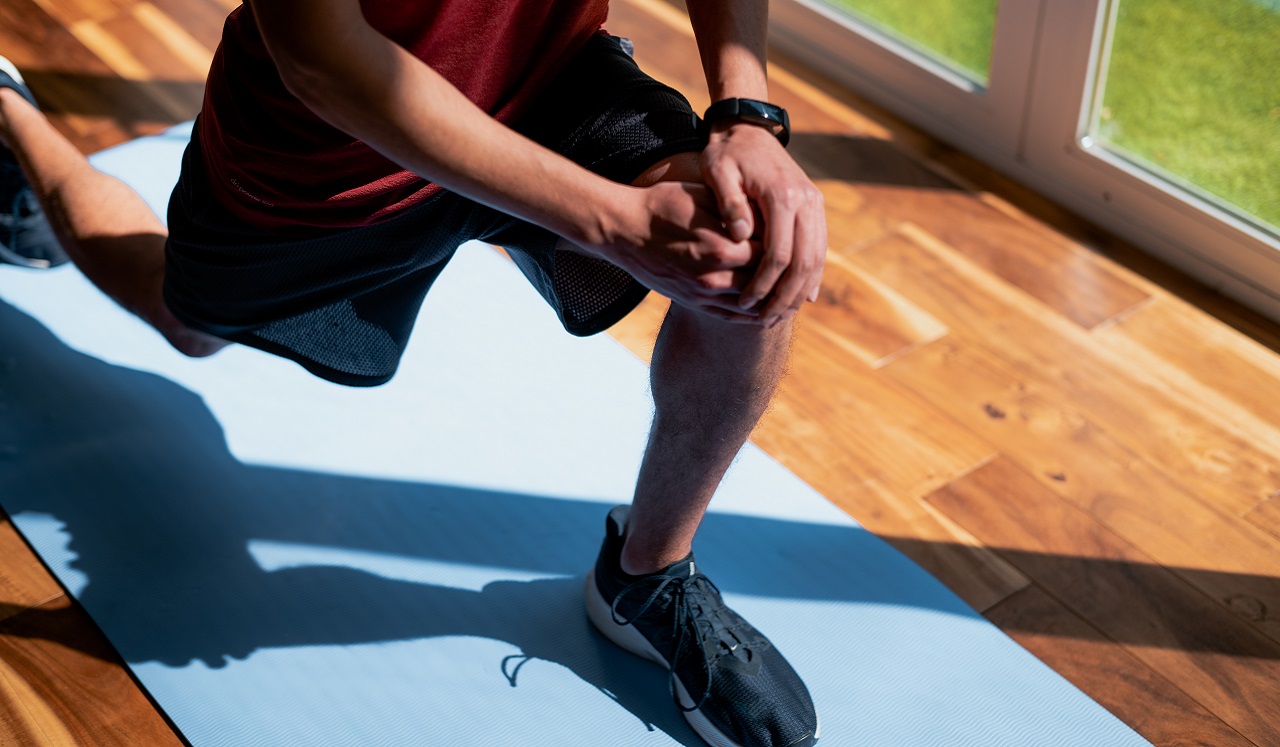Eat properly—and your body will thank you for it.
Food is fuel, so if you want to maximize your workout, you’ve got to gas up strategically.
“It’s like your car: If you don’t have adequate fuel, your energy stores will run out of gas. That means you won’t be able to work out as intensely,” says Meredith Sorensen, MS, RD, LD, sports nutrition resident at Memorial Hermann | Rockets Sports Medicine Institute.
Here’s how to rev up your engine.
Fueling Up Before Exercising
Timing: 3-4 Hours Ahead
What: You can consume your standard meal, with lean protein; rice, pasta or whole grains; and vegetables.
Why: You’ve got time for your body to digest so your meals can power you up versus slowing you down by sitting in your stomach.
How Much: It depends on how much you consume daily and how hard the workout will be. Generally, a cup of rice and 3-4 ounces of meat and veggies are ideal.
Skip: Fat weighs on you. “It takes the longest to digest and can cause nausea and cramping,” Sorensen says.
Water: Each day you should drink half of your body weight in ounces. That would be 75 ounces for a 150-pound person. Don’t skimp on your water intake.
Timing: 2 Hours or Less Ahead
What: Seek a small amount of lean protein with an emphasis on snack-sized portions of carbs such as dried fruit, crackers, apple sauce and other simple carbohydrates.
Why: You want to build up your carb storage, which is depleted first, with a bit of protein, to help keep your blood sugar stable and keep you satisfied.
How Much: “As you get closer to your workout, your food volume should get smaller,” Sorensen says. “If it’s early in the morning, it depends on how much you can tolerate.” A half-cup of Greek yogurt with berries provides lean protein and carbs.
Skip: Don’t seek fat, which is harder to digest and slows you down.
Water: Within 1½ hours leading up to a workout, drink 17 to 24 ounces. “If you’re dehydrated when exercising, it seems harder because your heart rate rises more quickly and your performance declines,” she says. “Your blood is thicker, so it’s more difficult to get oxygen and nutrients to your cells.”
Timing: An Hour or Less Ahead
What: You need carbs, but “if your workout will be less than an hour and lower intensity in the morning, you can get away with fasting, as long as you prioritize a good recovery breakfast after,” Sorensen says. Even if you’re a breakfast skipper, eat a small carb-rich snack if your heart rate is high enough to make it hard to hold a conversation.
Why: “You’ll get more out of your workout,” she says. Carbs are the energy source you deplete first and foremost during fitness. Dried fruit or a few sips of a sports drink can be quickly digested and absorbed to get your blood sugar up so you don’t dig into your body’s stores. “Protein and fat take longer to digest, so I recommend only carbs,” Sorensen says.
How Much: Strive for 15-30 grams in a small carb-based snack of simple carbohydrates, such as sugar-free dried fruit, crackers or a container of apple sauce; though a few sips of a sports drink may be enough.
Skip: You should’ve consumed protein earlier since it is harder to digest than carbs. Avoid fat, which is even harder to digest and will slow you down.
Water: Drink up the rest of the 17-24 ounces you began consuming earlier.
Refueling After a Workout
Timing: An Hour After
What: Like grade school, you should follow three R’s. In the case of fitness, your focus is to rebuild, replenish and rehydrate.
Why: You build muscles by tearing them down microscopically. After your sweat session, your body repairs muscle fibers and forms new ones.
“You jumpstart muscle building and recovery with protein,” Sorensen says.
She suggests having meat, whey (a dairy component) or, for those on a plant-based diet, soy or pea protein. “Protein powders are most useful, especially if you’re on the go and don’t have time for a large meal. Whey protein powder is really effective for muscle building and recovery.” Look for isolates on the ingredients list.
After an intense exercise session or one that lasted over an hour, she recommends consuming carbs to refill your body’s energy stores.
How Much: 20-30 grams of protein. “Supplements are fine,” she says. “After long workouts, add a piece of fruit, bread, rice or cereal, basing the amount on your height, weight and calories consumed.
Skip: You don’t need fat as part of your recovery nutrition, Sorensen says. “You get plenty from your meals throughout the day.”
Water: You should drink 20-24 ounces per pound lost to restore your body’s fluids lost to sweat. “Everyone’s sweat rate is different. If you want to be precise, weigh yourself before your workout. Afterward, you should towel off, change into dry clothes and weigh yourself again. The difference is how much fluid you need to replace.” Also, the higher the temperature, the more essential fluid replenishment is, she says. “You sweat more, so your fluid losses are higher. To perform well, you need to prioritize hydration after a workout, too.”


